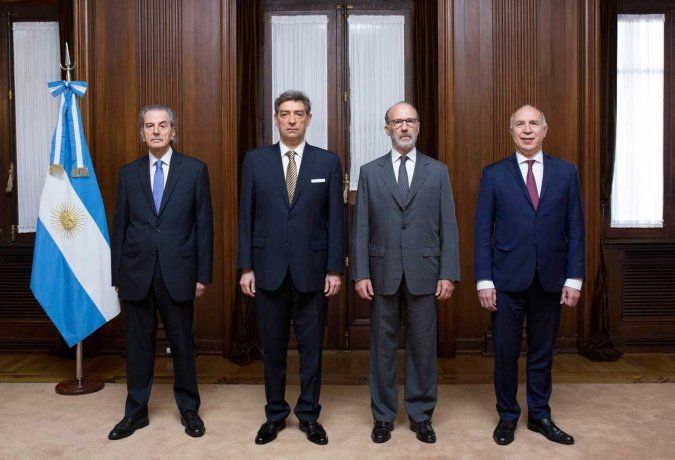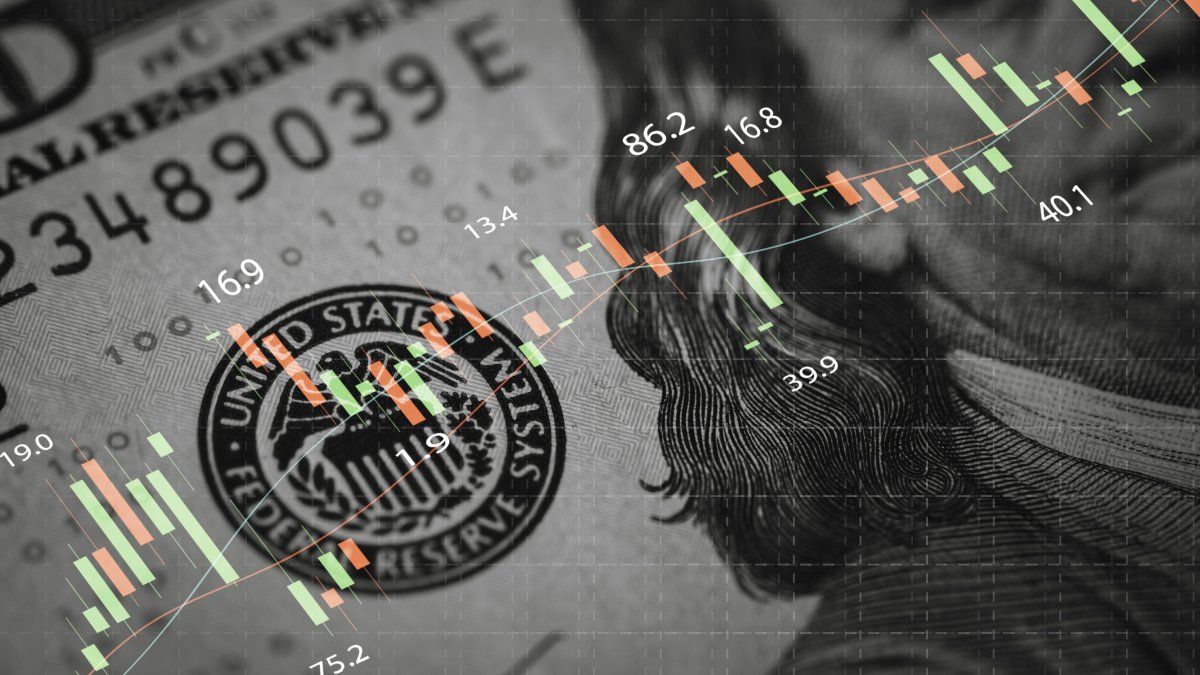The Supreme Court of Justice This Thursday declared the indefinite re-election in the province of Formosa unconstitutional. The highest court questioned article 132 of the Constitution of Formosa for not establishing limits on the re-election of the provincial governor.
The position of the highest court comes in response to the amparo action promoted by the “Formoseño Broad Front Confederation ” which had as its objective, precisely, the declaration of unconstitutionality of article 132 of the provincial Constitution. According to the current text approved in 2003, it establishes that “[e]The Governor and the Lieutenant Governor will serve four years in office, and they may be re-elected”.
The position of the Supreme Court of Justice regarding the re-election of Gildo Insfrán
In detail, the decision of the Supreme Court comes in light of the lack of definition that marks the Magna Carta of Formosa. The constitution of Formosa does not speak of “indefinite”. Leave it open for interpretation. “The Governor and the Lieutenant Governor will serve four years in office, and may be re-elected,” he states. However, the supreme court defined the declaration of unconstitutionality of the aforementioned article on which the Formosa ruling party led by Insfrán.
Given this, the judges Horacio Rosatti and Juan Carlos Maqueda– in the vote that led the pronouncement and in which the judge substantially concurred Ricardo Lorenzetti – confirmed that the proposal proposed by the opposition’s amparo action corresponded to the original jurisdiction of the supreme court. Then, they highlighted that the issue was limited to whether the challenged constitutional clause, whose only possible interpretation led to the possibility of indefinite re-election, was compatible with the republican system that the provinces must ensure.
Court declares indefinite reelection unconstitutional Formosa 12-19-2024.pdf
The complete ruling of the Supreme Court on the Formosa Constitution.
Supreme Court of Justice
Regarding this interpretation, Maqueda and Rosatti assured that this conflict is part of the classic debate between the “respect for the popular will and the alternation in the exercise of positions“. Along these lines, they stated that it seems clear for cases in which one or two reelections are allowed, but not so when it becomes unlimited, where the question “seems to stop being merely quantitative and become qualitative.”
Thus, Maqueda and Rosatti pointed out that indefinite reelection “dilutes the separation of powers” and “violates the democratic principle itself” as it weakens the systems of “checks and balances“and allows the accumulation of political capital that makes elections unfair. “Limiting democracy can be the only way to protect it“, they explained.
In this way, the magistrates held that the provinces and the City of Buenos Aires “may establish in their respective Constitutions a limited number of government re-elections” with three different objectives:
- “That the applicants know about in advance the temporality of the exercise of power”.
- “That political parties favor the generation of alternatives to inside their structures“.
- “That the electorate has clear rules to follow”.
supreme court.jpg
The four judges of the supreme court gave rise to the opposition’s claim although they also detailed that it is not the task of the Supreme Court to interfere in provincial politics.
CSJA
Despite concluding that article 132 of the Constitution of the province of Formosa it is unconstitutional and “must be corrected by the constitutional procedure provided for in the provincial Magna Carta”, the judges distanced themselves from the provincial debate and argued that, out of respect for federalism, It was not up to the Supreme Court to interfere in the provincial constituent power and define the maximum reasonable number of re-elections. In this sense, they detailed that their task is only to “establish the framework under which the exercise of said power is framed within the limits of the National Constitution.”
For your part Rosenkrantzin his concurring vote, made reference to the cause “Liberal Evolution“, referring to the gubernatorial elections in the province of Saint John and highlighted the consequences that unlimited reelection entails on the republican representative system, both due to the significant erosion of the principle of separation of powers, and due to the impact on electoral competition. Thus, the magistrate understood that it was appropriate to give rise to the demand of the Formosa opposition and that it establishes that the governor should not have been authorized to appear and declared the unconstitutionality of article 132 of the provincial Constitution
Source: Ambito
I am an author and journalist who has worked in the entertainment industry for over a decade. I currently work as a news editor at a major news website, and my focus is on covering the latest trends in entertainment. I also write occasional pieces for other outlets, and have authored two books about the entertainment industry.




